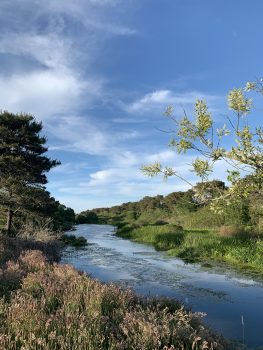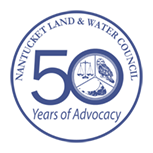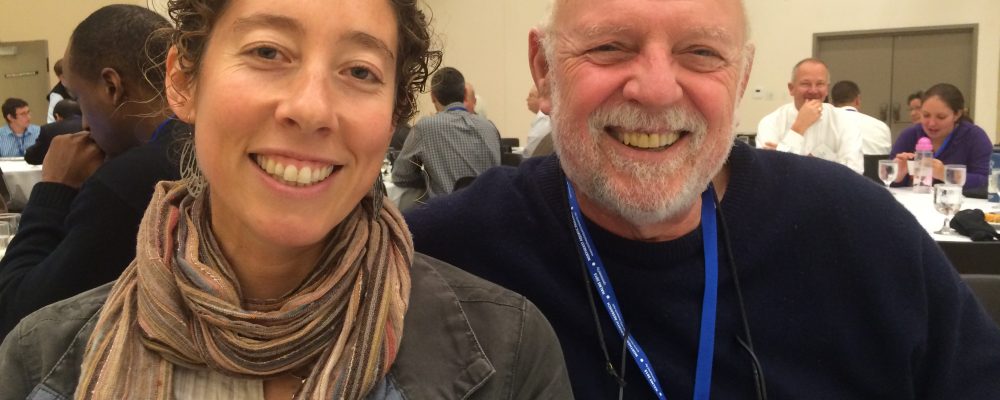The North American Lake Management Society celebrates Lake Appreciation Month in July. This year the Nantucket Land & Water Council celebrates too, as it marks our 10th year of water quality research and education surrounding Nantucket island ponds. What is the difference between a lake and a pond? Some might say size, others would say depth, but at the end of the day referring to a Nantucket pond as a “lake” is a clear indication you haven’t been around for very long. 
While the NLC has always played a role in advocating for the protection of the island’s water resources, we became a more active voice for the ponds back in 2009 when we supported the teamwork of Dr. Jim Sutherland with Dr. Sarah Oktay of the UMASS Field Station to survey Hummock and Miacomet Ponds. Around that time island resident Jim Sutherland began working with the Nantucket Land & Water Council using his expertise as a retired Research Scientist with the Northern Watersheds Section, Division of Water, New York State Department of Environmental Conservation (NYSDEC). He later joined the NLC Board of Directors, and after leaving the island to return to upstate New York he transitioned into the role of NLC’s Scientific Advisor. Dr. Sutherland has guided the NLC’s Island Pond Sampling program for over ten years. We would like to celebrate our accomplishments with him this season, and asked for some of his reflections and insights on our work together.
“The past 10 years of water quality work conducted by the NLC have been nothing short of critical as far as gathering important information related to the health of Nantucket Island estuarine and fresh water ponds, which are a very fragile part of the Island ecosystem. Just as individuals visit their health care provider on a regular basis to keep in touch with physical and mental issues, Nantucket ponds need to be protected by having regular monitoring conducted to tell us the rate and direction of water quality trends. As a scientist who has spent 4 decades working in Lake George and other areas around the northeast, the primary complaint that I recall hearing repeatedly was….. “Why do we have to spend money on water quality monitoring?” To me, the answer is pretty clear. Good decisions need to be based on good science and data collection. Without that solid foundation, we have no idea whether the money we invest in remediation is well spent and will solve the issues that will only become more prevalent and more time passes.”
See below for our full interview with Dr. Sutherland on his background and his work with the NLC on ten years of pond research.
The NLC is continuing its efforts in 2020 monitoring a number of small island ponds and working in conjunction with the Town of Nantucket and other island organizations to implement a weekly surveillance program for Harmful Algal Blooms.
Our ponds are important island resources, providing wildlife habitat, scenic vistas and recreational opportunities. As we celebrate “Pond Appreciation Month” let’s all work together to restore and protect them. The NLC’s collection of Island Pond Reports documenting our decade of monitoring can be found on our website: www.nantucketlandwater.org

